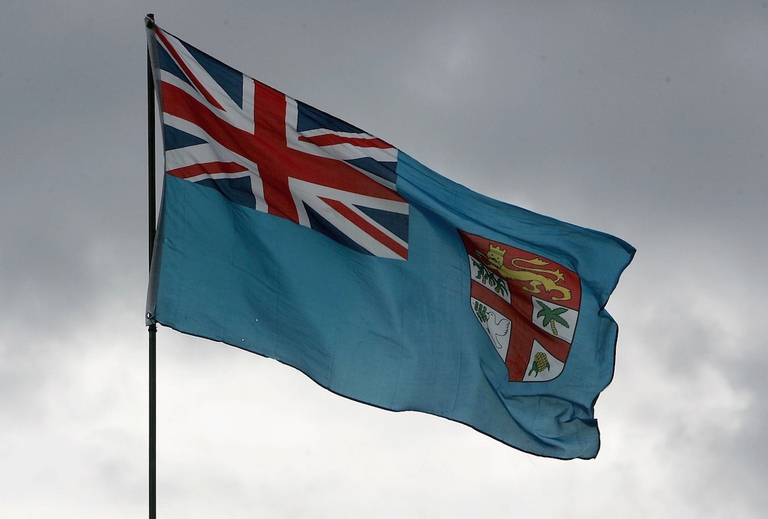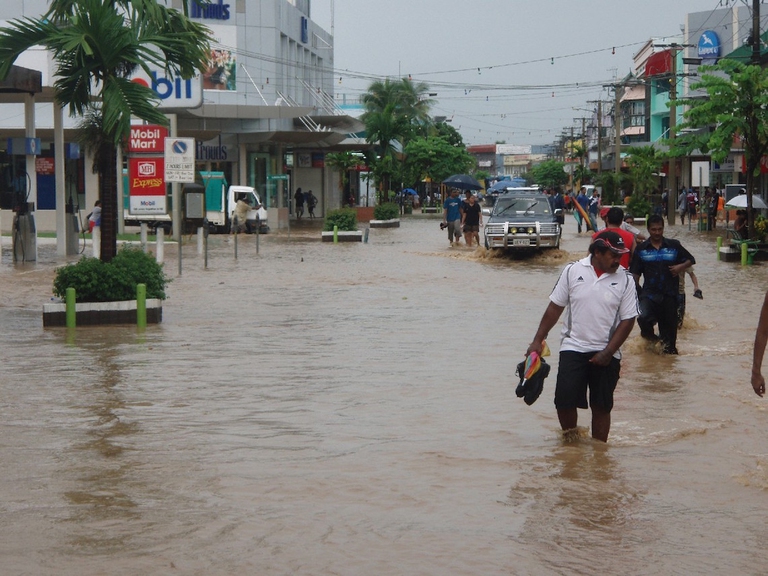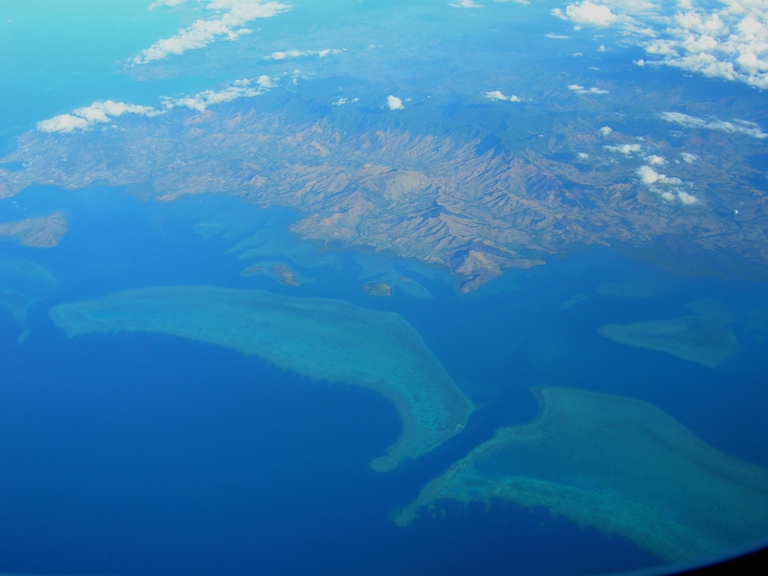
A group of experts in Tokyo suggested pouring radioactive water from Fukushima into the open sea. A marine biochemist explains the consequences of this absurd decision.
Fiji is the first country in the world to ratify the historic COP21 climate agreement negotiated in Paris last December. In demonstration of its commitment to tackling climate change, on 12 February Fiji’s parliament voted unanimously in favour of reducing greenhouse gas emissions. With this formal agreement the nation seals its leadership role in raising global awareness on the impact
Fiji is the first country in the world to ratify the historic COP21 climate agreement negotiated in Paris last December. In demonstration of its commitment to tackling climate change, on 12 February Fiji’s parliament voted unanimously in favour of reducing greenhouse gas emissions.
With this formal agreement the nation seals its leadership role in raising global awareness on the impact of climate change on small island developing states. The motion was presented by the attorney general in view of the ceremony due to take place in April when the 196 nations parties to the Paris deal will sign the Treaty. The event, hosted by the United Nations, will take place at the international organisation’s headquarters in New York.
As confirmed by Fiji’s Prime Minister Frank Bainimarama, climate change is a major concern for the nation. Like all small Pacific islands, it is particularly vulnerable to the threats of increasing global temperatures, including rising sea levels, increased frequency of extreme tropical cyclones and flooding, and depletion of coral reef ecosystems and fish stocks.
Among its national commitments to the global climate agreement Fiji has pledged to reach the use of 100% renewable electricity by 2030 and, depending on the funding it will receive from the international community, cut its emission by 10 or 30% by the same year.
Observers are confident that by April at least 55 countries, accounting for over half of global greenhouse gas emissions, will have followed Fiji in formally approving the Paris Agreement and allowing it to take full effect. If this happens, its measures will enter into force as of 2020, allowing the goal of keeping the global rise in temperatures below 2°C to remain within reach.
Siamo anche su WhatsApp. Segui il canale ufficiale LifeGate per restare aggiornata, aggiornato sulle ultime notizie e sulle nostre attività.
![]()
Quest'opera è distribuita con Licenza Creative Commons Attribuzione - Non commerciale - Non opere derivate 4.0 Internazionale.
A group of experts in Tokyo suggested pouring radioactive water from Fukushima into the open sea. A marine biochemist explains the consequences of this absurd decision.
The decline in grey and humpback whales in the Pacific and Atlantic Oceans has been traced to food shortages caused by rising ocean temperatures.
The United Nations has launched a major international alliance for ocean science, undertaking a mission close to all our hearts.
The cargo ship that ran aground off the coast of Mauritius on 25 July, causing incalculable damage, has split in two and its captain has been arrested.
The largest coral reef in the world is severely threatened by climate change, but researchers are developing strategies that could contribute to saving the Great Barrier Reef.
Seychelles have extended its marine protected area, which now covers over 400,000 square kilometres, an area larger than Germany.
Norwegian oil giant Equinor had pulled out of drilling for oil in the Great Australian Bight, one of the country’s most uncontaminated areas. A victory for activists and surfers who are now campaigning for the area to be protected forever.
30 per cent of the planet needs to be protected to stop precipitous species decline. The UN has set out its aims for the the COP15 on biodiversity scheduled for Kunming, China in October.
Ocean warming has risen to record highs over the last five years: just in 2019 the heat released into the world’s oceans was equivalent to that of 5-6 atomic bombs per second. The culprit, no doubt, is climate change.










